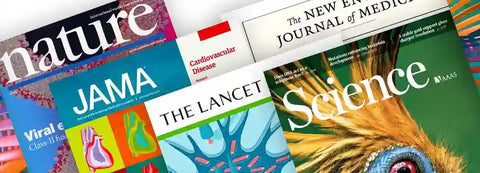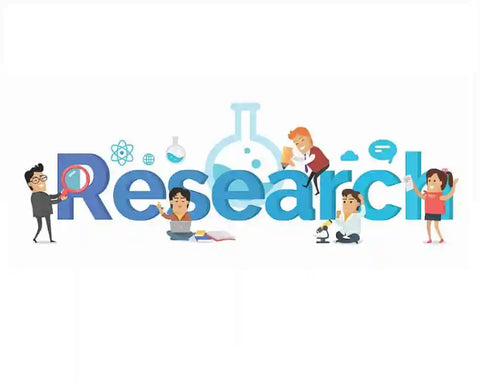Knowing Your Readers and Tailoring Your Academic Writing for Them
Although advanced scholars and business professionals tend to write for very specific groups of people much of the time, they sometimes forget just how important it is to know who is most likely to read their work and to tailor their writing to address that audience effectively. Given the many other considerations involved in preparing quality text for successful publication or presentation, this is far from surprising, but taking the time to reflect on exactly who your readers may be and how you might best engage their interest and communicate successfully will always be time well spent.
Among your first considerations should be the education and knowledge base of your anticipated readers. Are you writing a basic education course for adults who did not finish high school or a research paper for scholars who have attained PhD degrees? Maybe your project is a technical manual for highly trained repair specialists or a user manual for clients who have purchased a new product. You might be constructing a guide to help postgraduate students write successful theses or writing a PhD thesis yourself. Each of these documents will require a different approach, and you should work to address as wide a range of readers as you hope might read your text. Your language, terminology, descriptions, definitions and explanations should be simple and detailed enough that the readers with the least amount of knowledge can understand your writing, but (and this is the tricky part) you do not want to talk down to or bore the most knowledgeable of your readers. A fine balance is required and experience is the best teacher.
You should also consider what kind of jobs your readers do and the places in which they work. Are they working in the same profession or industry as you are or a different one? Is the primary concern of their work making a living, advancing knowledge, providing a social service or something else? Do all of your anticipated readers work in the same industry and share the same work-related concerns? Remember that an environmentalist, a botanist and a logger will be interested in a forest for very different reasons, and a primary-school teacher will have different concerns and daily duties than a university professor will. Anticipating the professional concerns of your potential readers and writing in a way that prioritises those concerns are sound strategies.
A third consideration encompasses the interests and attitudes of the readers you hope to reach. This involves both education and profession, but also introduces elements of personal preference. Will your audience be interested in what you are writing and keen to read it or will they be required to read it though they would rather not? Are they likely to resist the information and ideas you are presenting or be excited to receive them? Do you anticipate a friendly audience or an antagonistic one? These questions can be notoriously difficult to answer with accuracy, but knowing who will be attending the conference at which you are presenting your work, for instance, or what kind of consumer will be reading the article or book you are writing will prove most helpful. When in doubt, an excellent general policy is to adapt your tone to the most positive readers you could hope for and provide the information that the most negative readers you can imagine might demand.
Why Our Editing and Proofreading Services?
At Proof-Reading-Service.com we offer the highest quality journal article editing, dissertation proofreading and online proofreading services via our large and extremely dedicated team of academic and scientific professionals. All of our proofreaders are native speakers of English who have earned their own postgraduate degrees, and their areas of specialisation cover such a wide range of disciplines that we are able to help our international clientele with research editing to improve and perfect all kinds of academic manuscripts for successful publication. Many of the carefully trained members of our manuscript editing and proofreading team work predominantly on articles intended for publication in scholarly journals, applying painstaking journal editing standards to ensure that the references and formatting used in each paper are in conformity with the journal’s instructions for authors and to correct any grammar, spelling, punctuation or simple typing errors. In this way, we enable our clients to report their research in the clear and accurate ways required to impress acquisitions proofreaders and achieve publication.
Our scientific proofreading services for the authors of a wide variety of scientific journal papers are especially popular, but we also offer manuscript proofreading services and have the experience and expertise to proofread and edit manuscripts in all scholarly disciplines, as well as beyond them. We have team members who specialise in medical proofreading services, and some of our experts dedicate their time exclusively to dissertation proofreading and manuscript proofreading, offering academics the opportunity to improve their use of formatting and language through the most exacting PhD thesis editing and journal article proofreading practices. Whether you are preparing a conference paper for presentation, polishing a progress report to share with colleagues, or facing the daunting task of editing and perfecting any kind of scholarly document for publication, a qualified member of our professional team can provide invaluable assistance and give you greater confidence in your written work.
If you are in the process of preparing an article for an academic or scientific journal, or planning one for the near future, you may well be interested in a new book, Guide to Journal Publication, which is available on our Tips and Advice on Publishing Research in Journals website.








